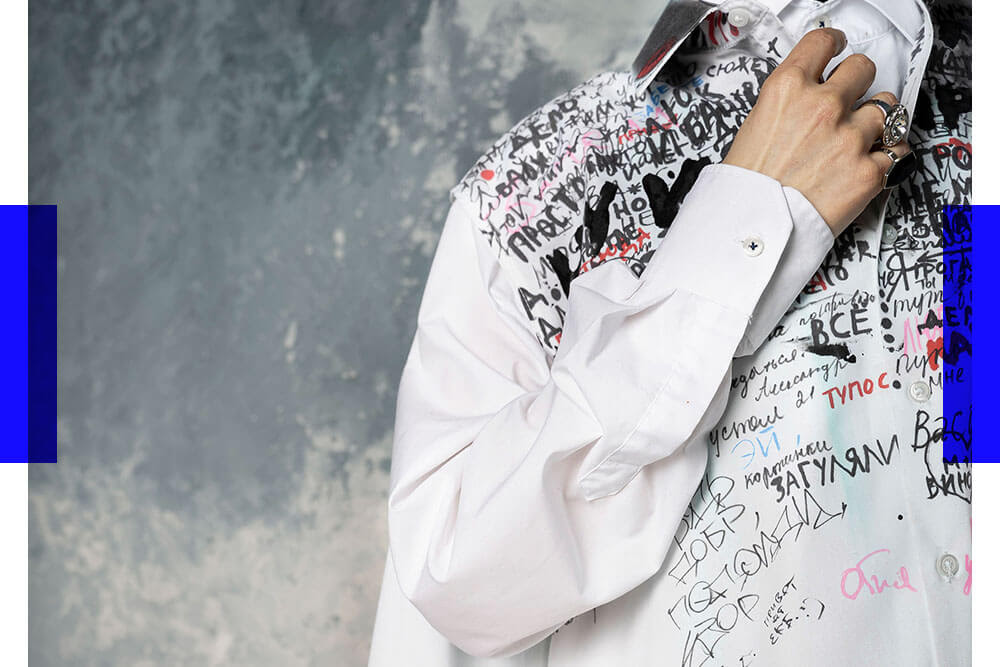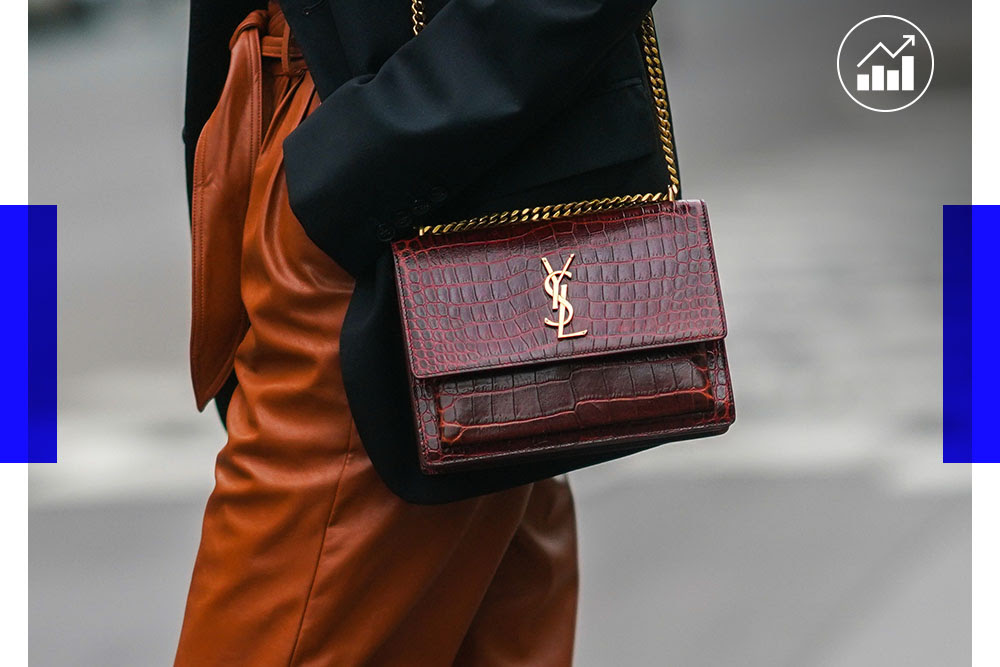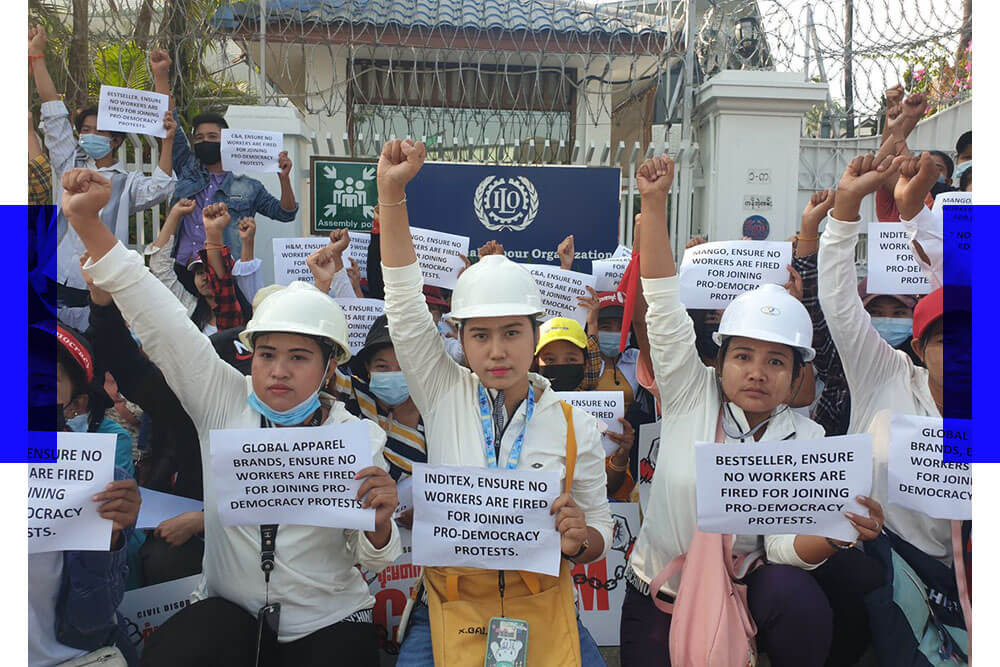Vogue Business – Fashion tests cryptocurrencies

Kering has thrown its hat in the resale ring with a 5 per cent stake in Vestiaire Collective. Paris correspondent Laure Guilbault looks at how e-commerce will change amid this embrace by one of the luxury industry’s leaders.
Cryptocurrencies can provide rewards and social connection between brands and users but as marketing editor Kati Chitrakorn reports, the market remains volatile.
In Russia, a new generation of consumers are shopping consciously as attention shifts to sustainable and ethical fashion. I speak with the nation’s leading e-tailers to decode their approach.
Innovation editor Maghan Mcdowell weighs up the ethics and future of flattering filters [Member-only].
Global markets editor Annachiara Biondi reports on garment workers’ demands for 32 international brands who haven’t voiced support for protests in Myanmar.
On 5 March, join Vogue Business Paris correspondent Laure Guilbault, fashion critic Pierre Alexandre M’Pelé (known as Pam Boy), Coperni designer Arnaud Vaillant and PR firm founder Lucien Pagès for a live discussion on the future of the fashion show. Register here.
Kering bets on first-mover advantage with resale
Key takeaway: With its 5 per cent stake in Vestiaire Collective, Kering kicks off luxury’s race to seize the resale opportunity. Now what?
The cryptocurrency boom: Will luxury jump in?
Key takeaway: As the market for cryptocurrencies and non-fungible tokens surges, brands have an opportunity to build customer loyalty.

Will young Russians shop consciously?
Key takeaway: Progress has been slow but a new generation of Russian consumers could soon be spending more on sustainable brands. Leading e-tailer Lamoda thinks so.
The ethics and future of flattering AR filters
Key takeaway: As people spend more time on screens and brands embrace augmented reality, face-enhancing alterations are due for a close-up [Member-only].
Myanmar garment unions calls for fashion’s support
Key takeaway: Labour organisers say international brands should do more to protect Myanmar garment workers, who are being laid off and intimidated for participating in pro-democracy protests.








